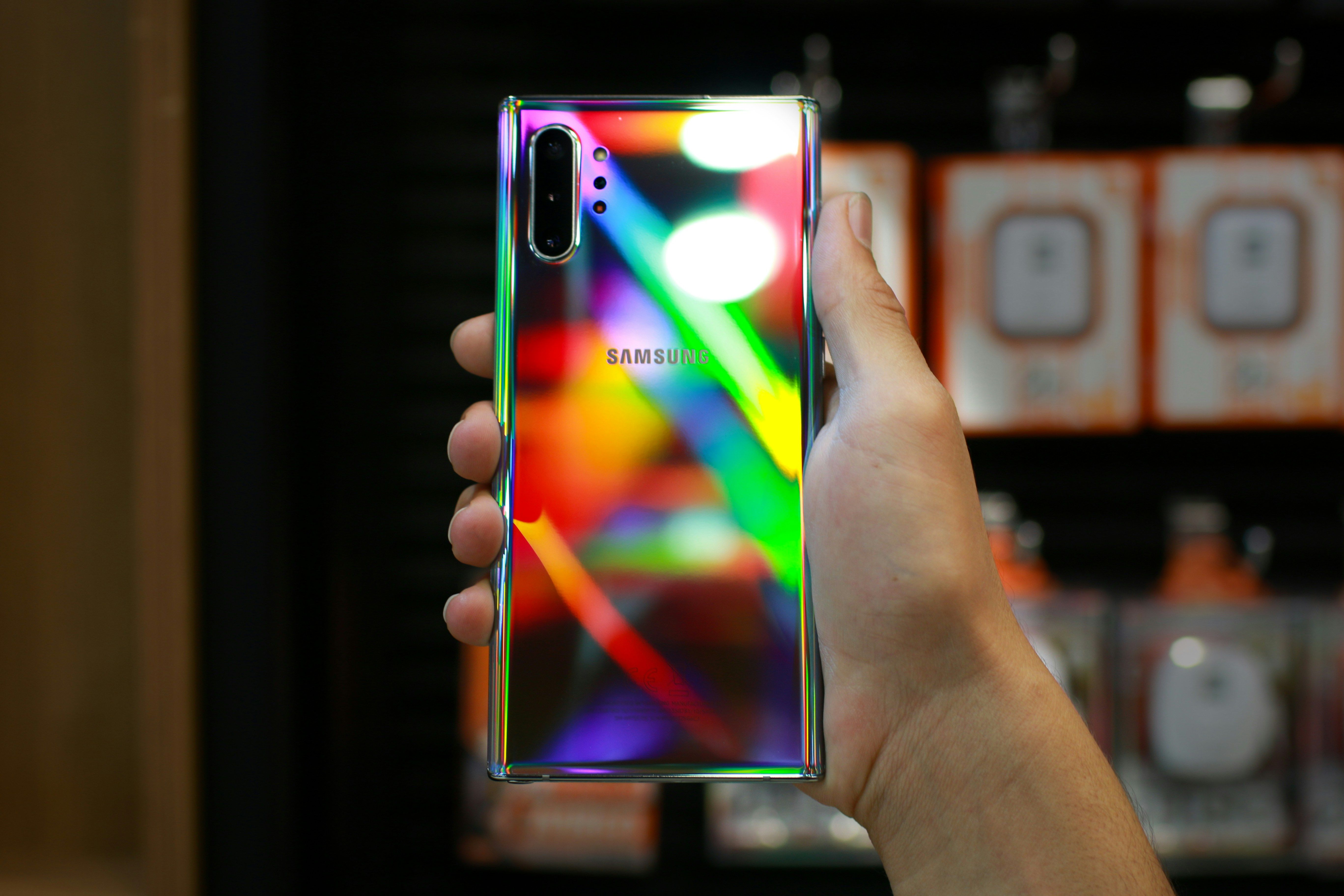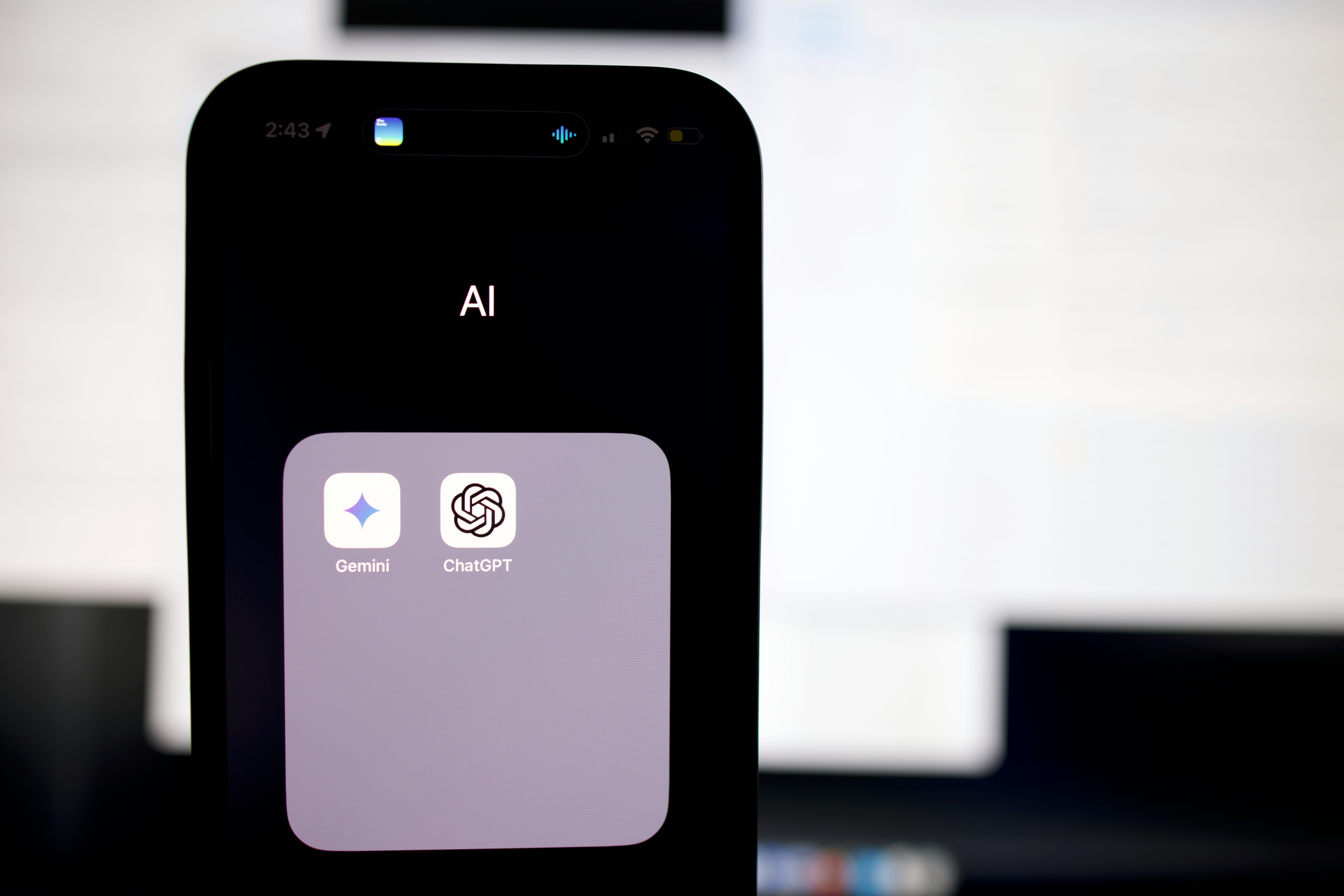Among Samsung's arsenal of technological advancements is Bixby, Samsung's voice assistant, initially launched with the Galaxy S8 smartphone in 2017. Samsung's Bixby set out to offer functionalities different from its competitors, like live translations or providing restaurant recommendations. However, the voice assistant landscape is rapidly evolving, and so must Bixby. Samsung is eyeing an ambitious upgrade for Bixby by integrating generative AI technology, which could transform how users interact with their Samsung devices across the board - from smartphones and smartwatches to smart home appliances.
Stepping Into the Future with Generative AI
Generative AI, the technology behind popular chatbots like OpenAI's ChatGPT, has been a game-changer in making digital assistants more conversational and capable of handling complex queries. Samsung's decision to potentially upgrade Bixby with generative AI stems from a vision to redefine its role in the ecosystem of Samsung products. By harnessing the power of generative AI and large language models, Samsung aspires to make Bixby more intelligent. This ambition is not limited to enhancing user-device interaction but extends to how devices within the Samsung ecosystem interact with each other. The inclusion of generative AI would enable Bixby to understand and generate responses more naturally, facilitating a smoother and more intuitive interface for controlling and navigating Samsung's wide range of products.
What This Means for Samsung Users
For Samsung users, this upgrade could drastically elevate the user experience. Imagine interacting with your devices in a way that feels incredibly natural and getting tasks done more efficiently than ever before. The possibilities are exciting - from getting succinct summaries of long articles directly through your wireless earbuds to having complex commands executed seamlessly by merely speaking to your device. With generative AI, Samsung's Bixby could potentially offer personalized responses and perform tasks based on contextual understanding, without users having to give explicit commands.
Integrating Generative AI into Bixby
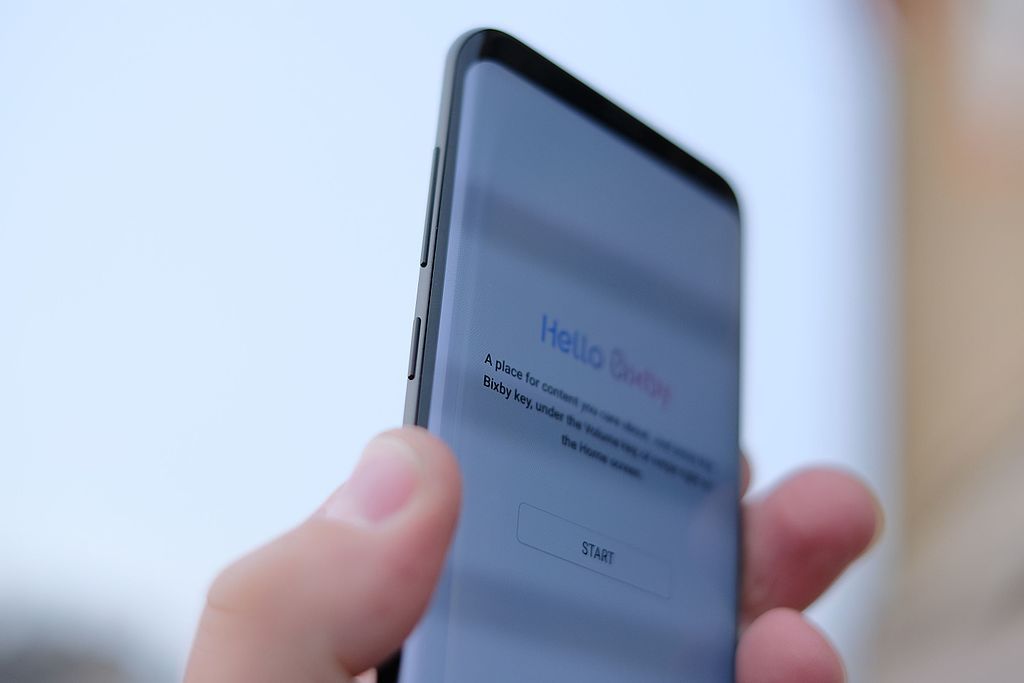
"Samsung Galaxy S8 Bixby" by Kārlis Dambrāns from Latvia is licensed under CC BY 2.0.
Generative AI's Place in Samsung's Ecosystem
Generative AI, the technology behind innovations like ChatGPT and Google Bard, is setting a new standard for artificial intelligence by allowing software to create content in response to user prompts. Samsung's decision to weave generative AI into Bixby is strategic, as it leverages this advanced technology to elevate the user experience across Samsung's broad device spectrum, including smartphones, smartwatches, and home appliances.
From Basic Assistant to Advanced AI Companion
Originally launched in 2017, Bixby has served as Samsung's cornerstone voice assistant, facilitating various functions like live translations and recommendations. However, with the evolution of chatbot technologies and the emerging capabilities of generative AI, there's a clear path for Bixby to evolve from a basic assistant to a more sophisticated, conversational AI companion. This shift toward a smarter, generative-AI-powered version promises to redefine user interaction with Samsung's ecosystem, allowing for a more intuitive and seamless experience.
The Impact on Samsung’s Smart Device Integration
The upgrade to Bixby signifies a leap forward in how Samsung envisions the future of smart device interaction. With Bixby as a central control point, users are expected to experience an unprecedented level of integration and convenience across Samsung’s lineup of devices. This development is especially pivotal for smart homes, where the ability to understand complex queries and provide meaningful responses will make Bixby an indispensable part of the connected living experience.
What Bixby's AI Upgrade Means for Consumers
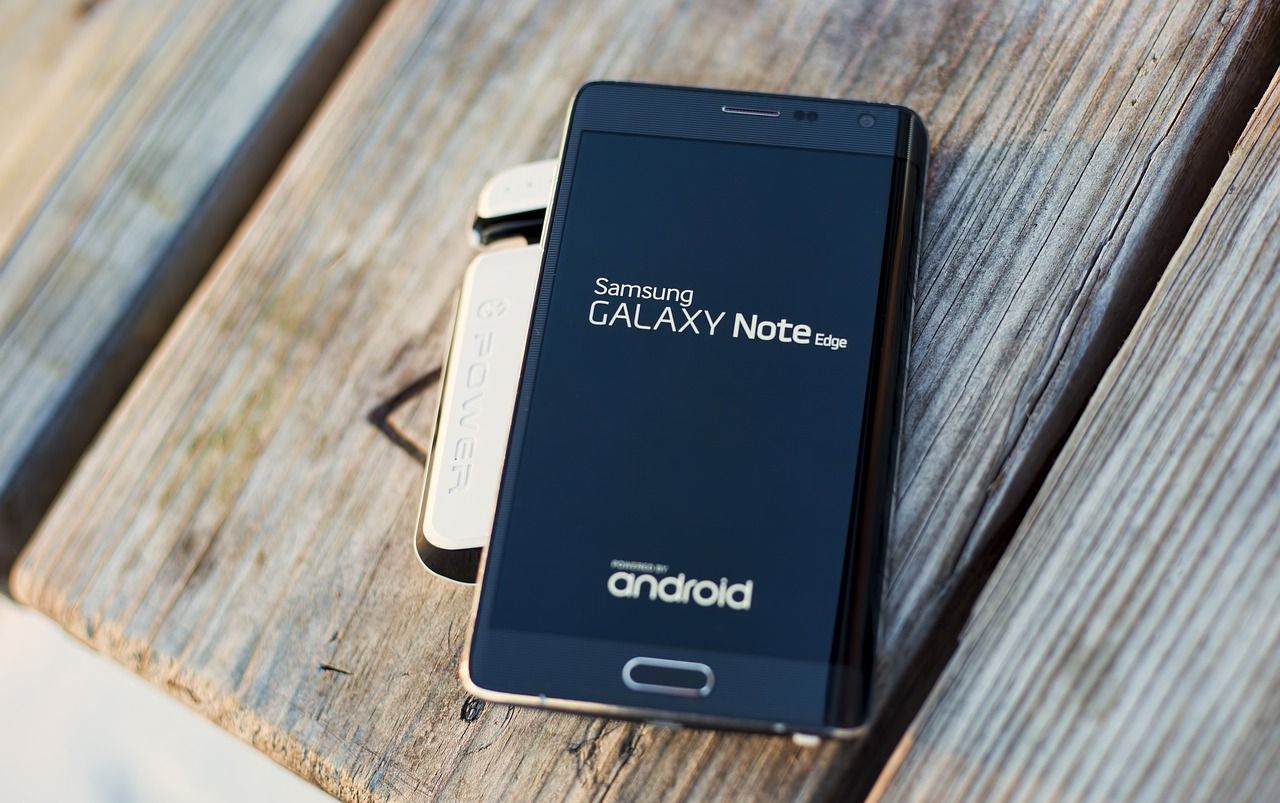
Image by Pexels from Pixabay
Enhanced Conversational Capabilities
The most immediate benefit for users will be Bixby's enhanced conversational capabilities. Armed with generative AI, Samsung's Bixby will understand and process complex sentences with multiple meanings, making interactions feel more natural and less like commanding a machine. This opens up a new dimension of dialogue where Bixby can efficiently handle a broader range of queries and tasks without the user needing to simplify their language.
New Functionalities and Use Cases
With generative AI, Samsung's Bixby is set to unlock novel functionalities and use cases. For instance, Bixby could provide summaries of long articles, offer personalized recommendations, or even manage smart home devices with an elevated level of context awareness. These new capabilities are expected to enrich the user experience significantly, offering more personalized and contextually relevant responses across various scenarios.
Samsung in the AI Landscape
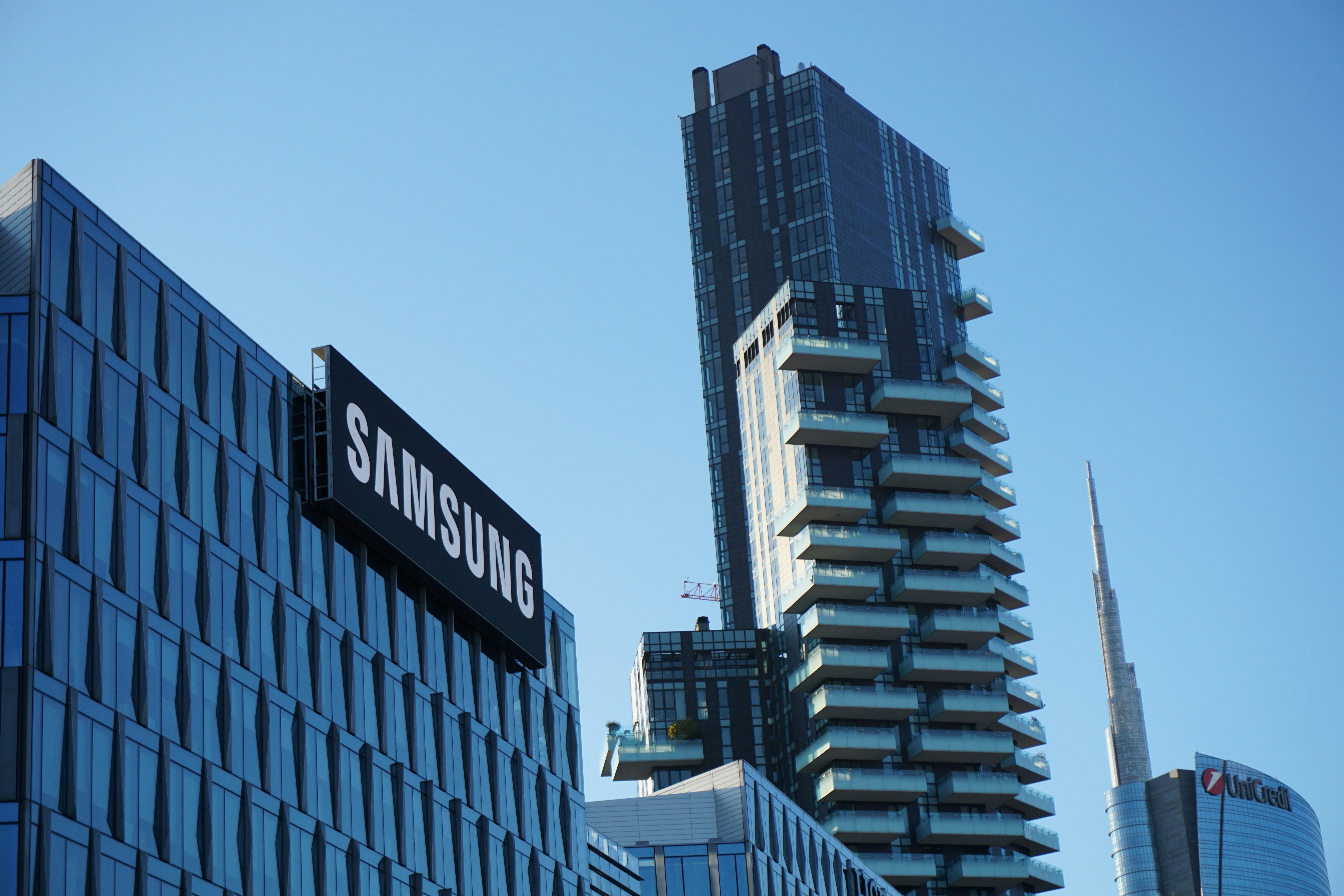
Photo by Babak Habibi on Unsplash
Comparing Bixby’s AI Upgrade with Competitors
When it comes to voice assistants, the market is teeming with options, each battling to be the top choice for consumers. Giants like Google Assistant and Amazon's Alexa have long been in the fray, offering users a blend of convenience, efficiency, and smart integrations. However, Samsung's announcement to infuse Bixby with generative AI represents a step toward leveling the playing field.
Unlike traditional voice assistants that primarily focus on command-based functionality, generative AI enables a more interactive and engaging user experience. This means Samsung's Bixby could potentially offer more nuanced conversations, better understanding of complex queries, and even personalization in responses. While Google and Amazon have also been experimenting with AI to enhance their own voice assistants, Samsung's strategic move could significantly narrow the gap, offering a compelling alternative to users seeking a more conversational and versatile assistant.
Integration with Other Samsung Products such as S Pen and Galaxy AI
Samsung's approach to AI doesn't stop at Bixby. The integration into other Samsung products, especially the S Pen and the entire Galaxy ecosystem, showcases the breadth of Samsung's vision for a more interconnected and intelligent user experience. Imagine using the S Pen not just as a tool for writing or drawing, but as a 'magic wand' that can summon AI functionalities to create or edit with just a flick.
The same goes for the Galaxy AI ecosystem where Bixby acts as a central commander, enabling users to seamlessly access various features like Live Translate or Interpreter simply through voice commands. This holistic integration underlines Samsung's strategy to ensure that AI is not an isolated feature but a core facet of the user experience across all devices.
Future Outlook and Samsung’s AI Strategy
Looking ahead, Samsung's trajectory in the AI domain seems both ambitious and thoughtfully planned. With Bixby's AI upgrade at the forefront, Samsung is setting the stage for a future where its devices are not just smart in isolation but are part of a cohesive, intelligent network that enhances every aspect of daily life. From smartphones and smartwatches to home appliances, the aim is to create an ecosystem that's intuitive, responsive, and above all, personalized to each user's needs and preferences.
Moreover, with Samsung's investment in technologies like Tizen RT for smart home appliances, the company is clearly laying down the infrastructure for a more connected, AI-driven future. This not just raises the bar for what consumers can expect from their smart devices but also signals Samsung's commitment to maintaining its edge in the competitive tech landscape.
The Future of Voice Assistants and AI in Consumer Electronics
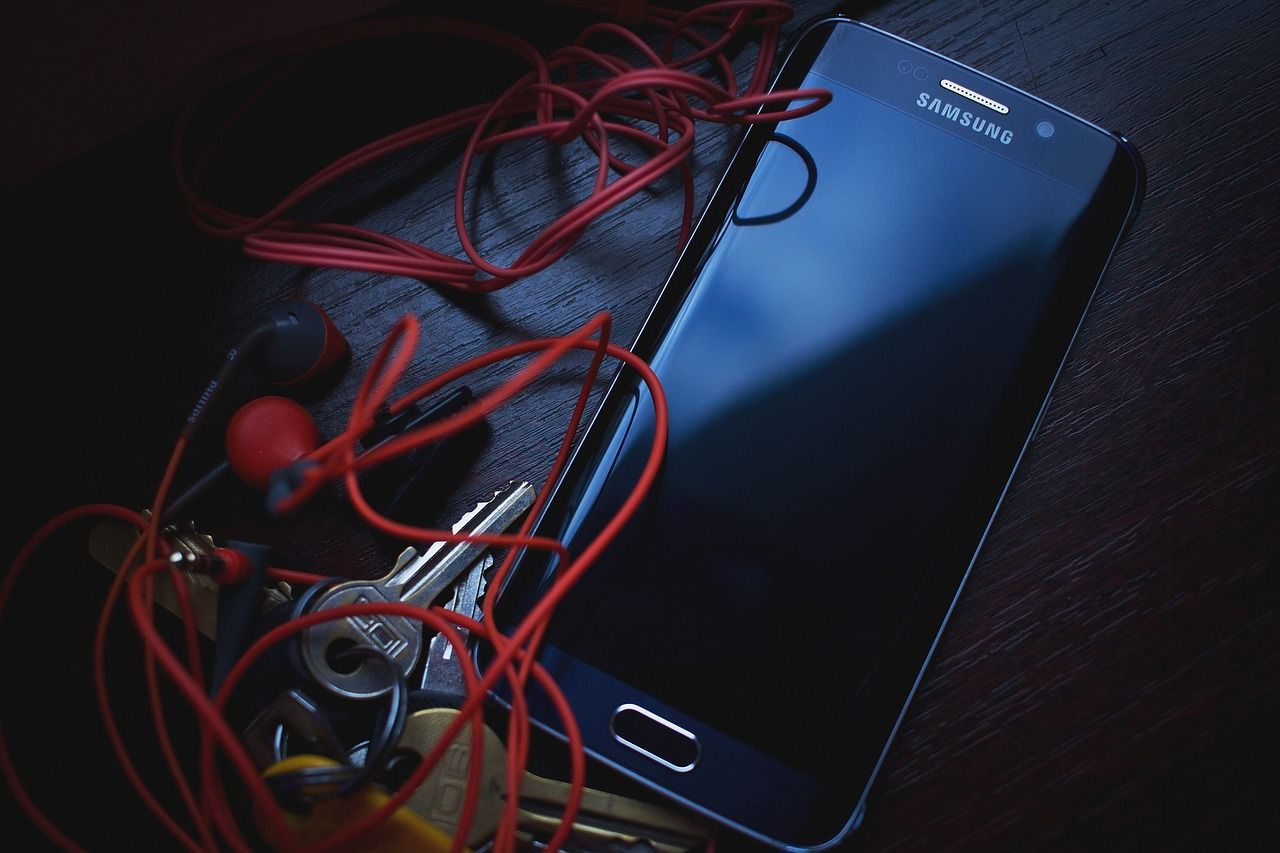
Image by Pexels from Pixabay
The landscape of voice assistants and artificial intelligence in consumer electronics is on a thrilling trajectory, with Samsung’s Bixby at the forefront of this innovative leap. As we have seen, the integration of generative AI into Bixby is not a matter of if but when. This seismic shift will redefine user interaction with devices, making it more intuitive, personalized, and, importantly, seamless across the Samsung ecosystem.
The ability of voice assistants to understand and process complex queries with conversational context marks a significant evolution from the current command-response model. Imagine asking Samsung's Bixby for recommendations on a new recipe, and it not only understands your dietary restrictions but also considers what ingredients you have at home, all through simple, natural conversation.
Moreover, the integration of AI doesn’t stop with smartphones or tablets. Samsung’s vision extends to smart home appliances, turning your living space into a hub of intelligence that anticipates your needs and preferences. This is not just about convenience; it’s about crafting a living experience where technology serves you subtly and effectively, blending into the fabric of daily life.
- Bixby will power not just smartphones but all Samsung smart devices, offering a unified AI experience.
- Generative AI will enable more natural interactions, creating a bridge between human needs and machine understanding.
- Samsung’s commitment to integrating AI into its ecosystem promises a future where technology adapts to us, making our interactions with devices more meaningful and less mechanic.

